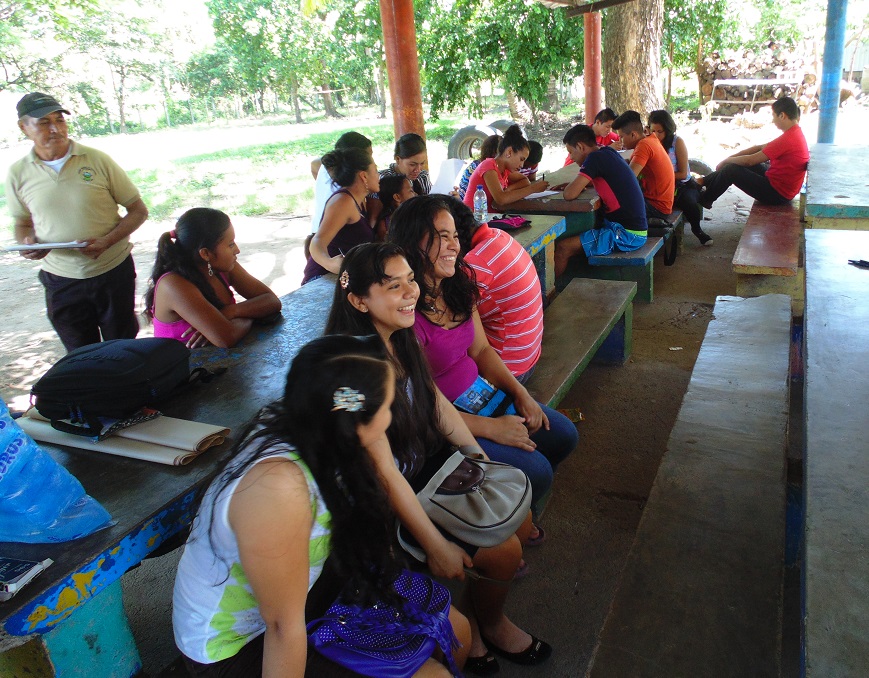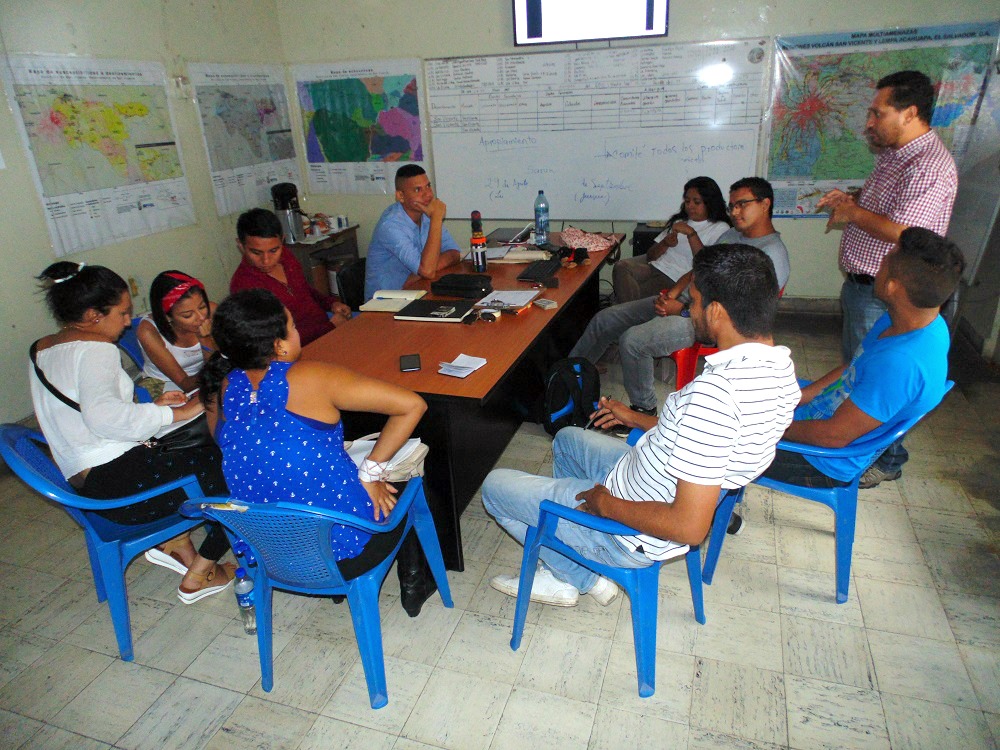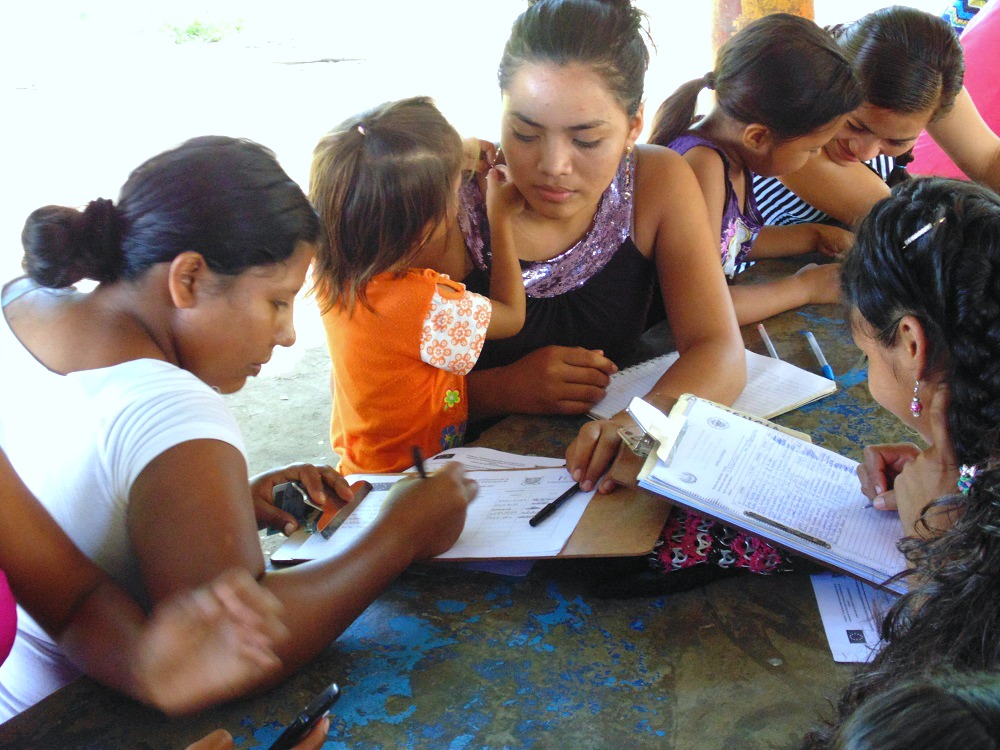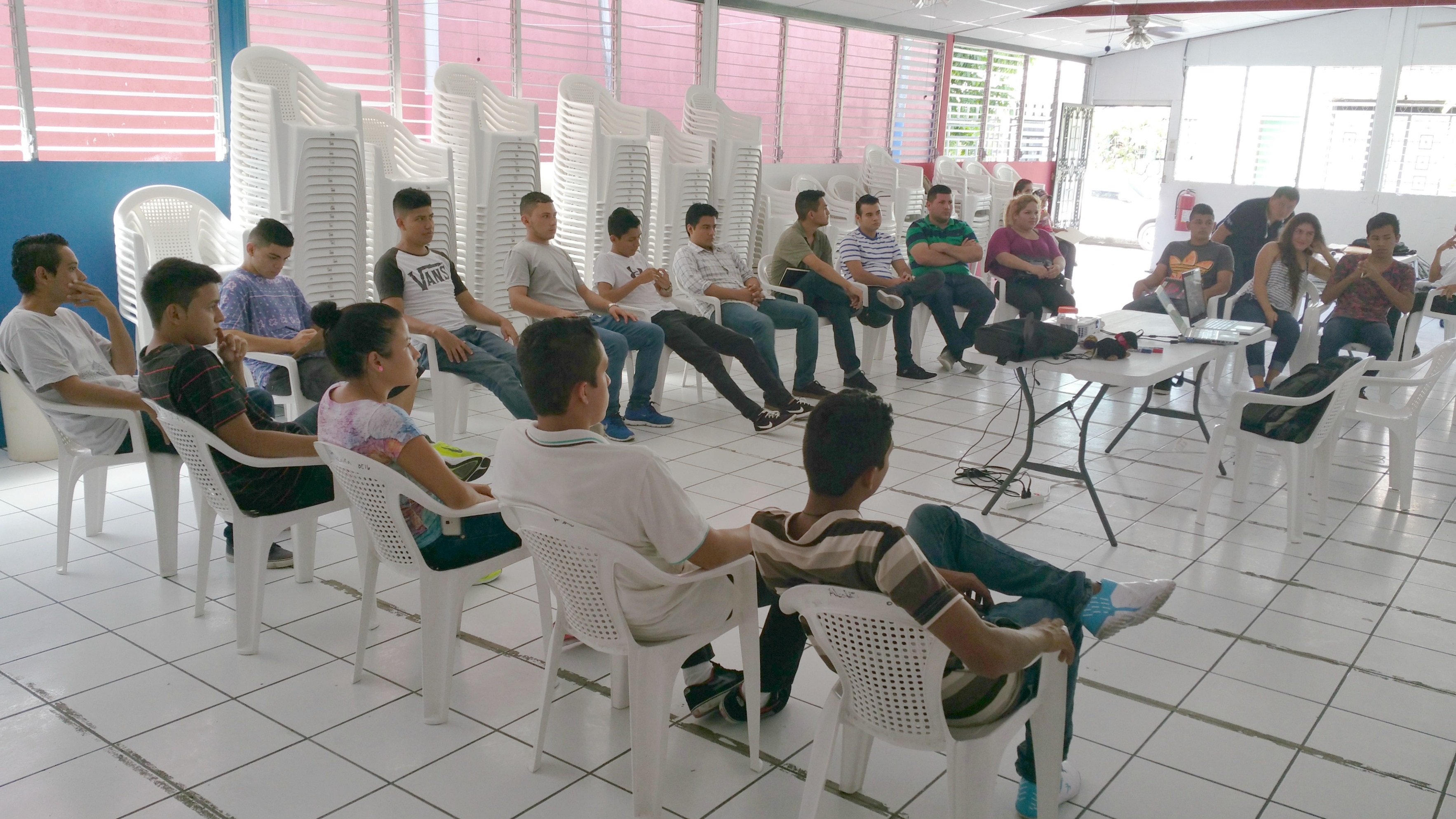Interpeace's project in El Salvador receives Government support
The Salvadorian Government is actively participating in the project Comprehensive initiatives to prevent violence in El Salvador, carried out by Interpeace in this country, providing political support and technical training to at-risk youth who are in the process of developing their own productive enterprises, as a way to improve their living conditions. Likewise, as part of Interpeace’s project in El Salvador, police officers, assigned to the beneficiary municipalities, will receive training on conflict transformation and peace culture. So far, the Ministries of Interior and Territorial Development, Justice and Public Security, Agriculture and Livestock, and Labor and Social Welfare, have been directly involved with Interpeace’s project, which is also aligned with the Government's programme: Plan El Salvador Seguro -PESS-, as it is also working in matters of prevention.
L' Ministry of Interior and Territorial Development, have collaborated since the beginning of the project, by jointly defining the municipalities that would participate. In addition, they have supported the visibility and convening of the municipalities, for the management of the project. Within the framework of the PESS, the Ministry of Justice and Security, is coordinating the development of training sessions for the National Civil Police in the subject of peace culture, with the objective of raising awareness about alternative methods of conflict transformation, so that in this way, they can interact with the population in non-repressive ways. Moreover, the Ministry of Agriculture and Livestock initiated the implementation of training and technical support processes of the enterprises defined by the young participants. And finally, the Ministry of Labor, is providing training for the development of the business plans of these enterprises, to ensure that they will be carried out appropriately and achieve the results that the young participants have projected.
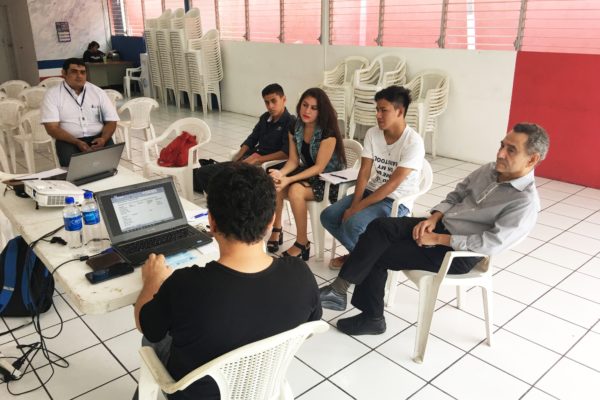
Workshop in Ilopango. Photo credit: Interpeace
The interaction between social actors is decisive for peacebuilding
With the financial support of the European Union, Interpeace has been implementing the project Comprehensive initiatives to prevent violence in El Salvador, which is being carried out in 10 municipalities with high rates of homicidal violence. The project’s objective is to generate productive opportunities for young people with the aim to favor local entrepreneurship through actions that result in the reduction of social risk to which they are exposed to by living in contexts of violence and crime.
For Interpeace, peacebuilding is only possible through the interaction between the different levels that make up a society, which is why, at the same time, the project contributes to the prevention of violence through participatory processes in three levels: community, local authorities and the National Government. At the community level, the project provides opportunities to at-risk youth, by supporting the development of entrepreneurships. At the level of local authorities, the project is developing a participatory model of violence prevention with a focus on peace culture, recognizing that inter-municipal coordination is essential to multiply the impact of their actions. And at the level of the National Government, the project is helping develop a relationship between local and national authorities, in the creation of joint actions on prevention, through its different units and according to their respective mandates.
Training as a tool for change
In the first stage of the project, the young participants received a training on conflict transformation, violence prevention and peace culture, and subsequently initiated the process of structuring their entrepreneurship proposals, which they have been perfecting in order to start their technical training to formalize their business plans.
As a sign of the commitment made by the National Government, there have been meetings with representatives of the ministries with the objective to coordinate the actions to be developed within the project and the scope of each collaboration. In addition, letters of understanding were signed, which reflect the details of each collaboration, both with the municipalities and the National Government.
Juan Barrera Salinas, the dispatch adviser to the Deputy Minister of Agriculture and Livestock, visited the project, in the municipalities of Zacatecoluca, San Vicente, Ilopango, Quezaltepeque and Nueva Concepción, with the technical team who will be responsible for the implementation of the training processes.
On this occasion, young people were able to present their entrepreneurship projects, clarify concerns and, the ministry team was able to interact with the participants and highlight the need to continue supporting projects that generate productive and work opportunities to improve living conditions and reduce the risk factors to which this population is exposed to.
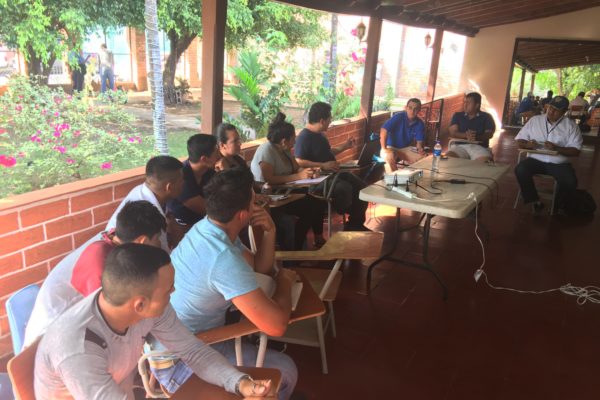
Workshop in Nueva Concepción. Photo credit: Interpeace
